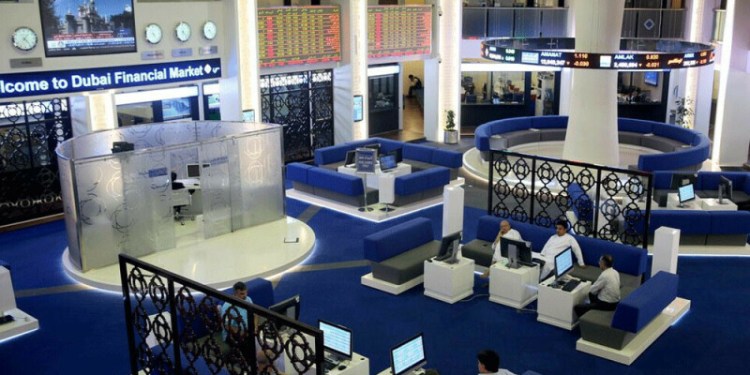Rubber snapped a five-day winning run after a private survey showed that China’s manufacturing contracting at a faster-than-estimated pace this month, increasing concern that demand may slow in the largest user.
Rubber for delivery in December dropped as much as 0.7 percent to 254.4 yen a kilogram ($2,553 a metric ton) on the Tokyo Commodity Exchange and traded at 255 yen at 11:05 a.m. local time. Earlier, the price rose to 259.3 yen, the highest intraday price since July 19.
China’s manufacturing weakened further in July, signaling that the worst of the slowdown has yet to be reached, according to the survey of purchasing managers from HSBC Holdings Plc and Markit Economics. The preliminary reading of 47.7 compares with the 48.2 median estimate in a Bloomberg survey of 19 economists and 48.2 in June. Readings below 50 indicate contraction.
The lower-than-expected PMI data “prompted investors to sell rubber,” said Naohiro Niimura, a partner at research company Market Risk Advisory Co. in Tokyo. The commodity dropped in tandem with weaker equity markets, Niimura said.
Rubber for January delivery fell as much as 0.4 percent to 18,300 ($2,983) a metric ton on the Shanghai Futures Exchange, and traded at 18,345 yuan. Earlier, the price gained 0.7 percent to reach 18,515 yuan.
Thai rubber free-on-board gained 0.6 percent to 79.35 baht ($2.57) a kilogram on July 19, according to Rubber Research Institute of Thailand. Thai financial and commodity markets were closed July 22-23 for a holiday.
Source: Bloomberg


























